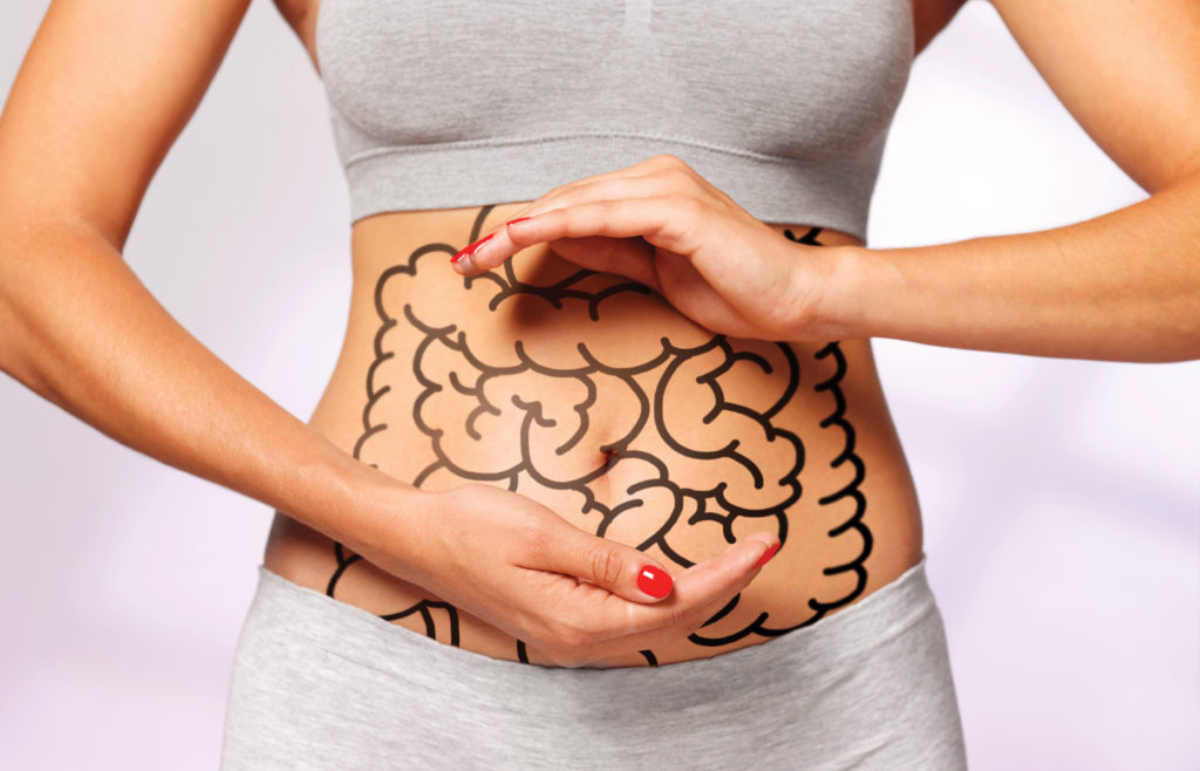Unlock Better Digestion and Immunity with These Gut-Friendly Habits
A healthy gut is the foundation of overall wellness, influencing digestion, immunity, and even mood. An imbalanced gut can eventually lead to bloating, fatigue, and inflammation. Fortunately, small daily habits can gradually improve gut health naturally. By consistently making mindful dietary and lifestyle choices, you can effectively support your microbiome and ultimately enhance long-term vitality.

The Importance of Gut Health
The gut plays a crucial role in overall well-being. It significantly influences digestion, immunity, and even mental health. Moreover, a balanced gut microbiome helps effectively absorb nutrients, actively combat inflammation, and consistently support brain function. On the other hand, poor gut health can lead to digestive issues, fatigue, and weakened immunity.
Therefore, optimizing gut health is essential for long-term vitality. Fortunately, making a few simple yet impactful changes to your daily routine can gradually improve digestion and microbial diversity.
Eat a Fiber-Rich Diet
Soluble and Insoluble Fiber for a Healthy Gut
Fiber is essential for maintaining a diverse gut microbiome. It feeds beneficial bacteria and promotes healthy digestion. Soluble fiber dissolves in water, forming a gel-like substance that supports gut health. Insoluble fiber adds bulk to stool, preventing constipation.
Prebiotic Foods to Nourish Good Bacteria
Prebiotics are a type of fiber that fuels beneficial gut bacteria. Adding these foods to your diet promotes bacterial diversity and gut resilience:
- Garlic and onions contain natural prebiotics that enhance microbial balance.
- Bananas and apples provide fiber to support digestion and gut bacteria.
- Oats and flaxseeds help regulate digestion and promote bowel regularity.
Eating a variety of fiber-rich foods ensures that gut bacteria thrive, reducing inflammation and supporting immune function.
Stay Hydrated for Optimal Digestion
The Role of Water in Gut Health
Hydration aids digestion by breaking down food and supporting the movement of nutrients. Water helps maintain the mucosal lining of the intestines, protecting against harmful bacteria.
Herbal Teas and Fermented Beverages
Drinking herbal teas like peppermint or ginger can soothe the digestive tract. Fermented beverages such as kombucha provide probiotics that strengthen the gut microbiome.
Hydrating throughout the day supports digestion and enhances nutrient absorption. Aim for at least eight glasses of water daily for optimal gut function.
Manage Stress to Support Gut Balance
The Gut-Brain Connection
The gut and brain communicate closely through the gut-brain axis. However, when stress levels rise, this connection becomes disrupted, leading to digestive discomfort and microbial imbalances. Over time, chronic stress can further weaken the gut lining’s integrity, which, in turn, increases inflammation and digestive issues. Therefore, managing stress effectively is essential for maintaining a healthy gut-brain balance.
Stress-Reduction Techniques
Incorporating relaxation techniques into daily routines can help balance gut health:
- Practicing mindfulness not only reduces gut inflammation but also helps alleviate stress-related digestive issues.
- Moreover, deep breathing exercises enhance digestion by improving gut motility, which in turn supports overall gut health.
- In addition, regular physical activity lowers stress hormones, thereby benefiting gut microbiota and promoting a balanced digestive system.
Managing stress effectively leads to a healthier gut and improved digestion.
Incorporate Probiotics and Fermented Foods
Benefits of Probiotic Supplements
Probiotics are beneficial bacteria that improve gut health. They help restore microbial balance, especially after taking antibiotics. Regular consumption enhances digestion and reduces bloating.
Fermented Foods for a Diverse Microbiome
Eating fermented foods introduces healthy bacteria into the digestive system:
- Yogurt contains live cultures that actively aid digestion and boost immunity.
- Similarly, sauerkraut and kimchi provide probiotics that significantly enhance gut diversity.
- Moreover, miso and kefir offer beneficial bacteria that effectively support intestinal health.
Including probiotic-rich foods in your diet can strengthen your gut and improve overall well-being.
Get Quality Sleep for a Healthy Gut
How Sleep Impacts Digestion
Lack of sleep disrupts gut microbiota balance, leading to digestive issues and inflammation. The body repairs the digestive system during deep sleep, promoting gut health.
Sleep Hygiene for Better Digestion
Improving sleep quality enhances gut function:
- Establishing a consistent sleep schedule regulates digestion.
- Avoiding screens before bed minimizes disruptions in the gut-brain axis.
- Creating a relaxing nighttime routine supports microbial balance.
Prioritizing rest ensures that the gut functions optimally, supporting digestion and overall health.
Gut health is the key to overall health!
Kris Care
Conclusion
Boosting gut health does not require drastic lifestyle changes. Small, consistent habits can significantly impact digestion and microbial balance. Eating fiber-rich foods, staying hydrated, managing stress, incorporating probiotics, and prioritizing sleep create a foundation for a healthy gut. By making these simple adjustments, you can improve digestion, enhance immunity, and support overall well-being.